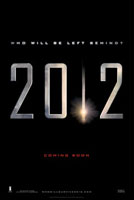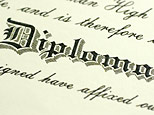Monsod: SC, Arroyo will uphold democracy
MANILA - Former Commission on Elections (Comelec) chair Christian Monsod predicted on Friday that the Supreme Court, and even President Gloria Macapagal Arroyo, will uphold democracy in the face of a renewed attempt to approve charter change.
In an interview over dzMM Friday, Monsod, also one of the authors of the 1987 Constitution, said he believes that justices of the Supreme Court will not act on two petitions asking the High Court to rule on the constituent assembly resolution passed June 2 by the House of Representatives.
He said it would be wrong for the Supreme Court to rule on House Resolution 1109 convening a constituent assembly for the purpose of amending the charter even without the Senate.
"There is still no justiciable controversy," he said in an interview with Ted Failon on dzMM's Failon at Sanchez. "I doubt very much that the Supreme Court will take cognizance of this issue since it's not yet justiciable."
If the SC decides to rule on the anti-Con-ass petitions, Monsod said this would open the door for all sorts of petitions asking the High Court to settle constitutional controversies.
"It will open the door to anybody who thinks there's a potential controversy on any [constitutional] provison will go to the SC. The SC will be flooded with all kinds of petition for interpretation when there is no case," Monsod.
He said the only time the SC should accept and rule on the issue is when the constituent assembly has already convened, proposed and approved charter amendments, and when it has asked the Comelec to schedule the plebiscite.
No 3/4ths vote
Monsod said he does not believe the House of Representatives will be able to muster the three-fourths vote needed by the constituent assembly voting jointly.
"If they had three-fourths of both Houses combined, why didn't they do it? It's because they could not get the votes," he said.
He said House Resolution 1109 was signed by 174 congressmen, which is short of the 216 needed to approve charter amendments if the constituent assembly is to vote jointly.
Since the lower House couldn't muster the three-fourths, Monsod said it would appear that the goal was to "provoke extreme actions by those who oppose [cha-cha] so they can do even more extreme counter measures, or for the Supreme Court to take cognizance of the issue even when there is no justiciable controversy





 June 17, 2009
June 17, 2009
































































